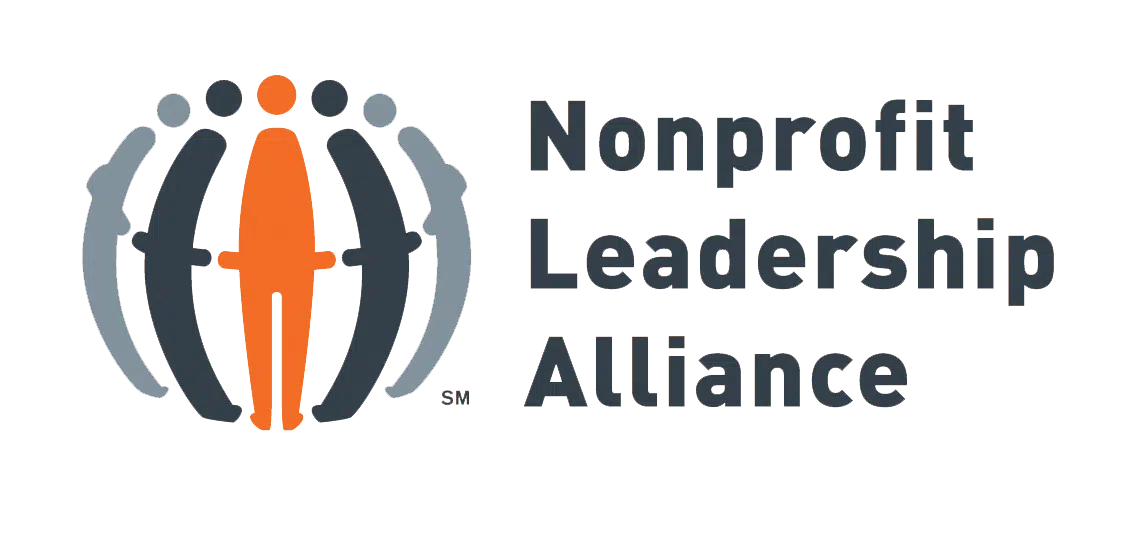Written by: Audrey Gale Hall
Reading Time: 3 minutes
Researchers estimate that up to 1 million American’s work as unpaid interns each year. Without wages to shoulder the cost of living, an unpaid internship deepens the existing social divide. The road to making unpaid internships a thing of the past isn’t a smooth one. In some cases, particularly nonprofit organizations, simply don’t have the financial means to pay their interns.
Over the past couple of years, the Nonprofit Leadership Alliance helped to make these unpaid internships more accessible by offering the Career Development Award. This Award program was designed to eliminate the barrier of an unpaid internship at a nonprofit organization (in-person or virtual) and increase the diversity of the nonprofit workforce by providing $2,000 internship stipends for students completing their Certified Nonprofit Professional (CNP) credential.
One recipient, Audrey Hall, a recent graduate of the University of Houston, completed their internship at Showing Up for Racial Justice (SURJ), as a Faith Organizing Intern. Here are Audrey’s three main takeaways from this internship:
- A nonprofit organization’s culture can build in structural antidotes to burnout. Examples include prioritizing what workers say they want from their benefits packages, encouraging and building collective support for extended time away, and radically slowing down so that everyone can get their access needs met. Finding these solutions requires education about disability justice and active, deep listening to employees and volunteers about their needs to be successful in the workplace.
- A constellation of local leaders in faith communities across Turtle Island feel alone in their anti-racism work. These people are spiritually and energetically invested in liberation and tend to be highly interested in opportunities to connect with peers in other locations. To address this need for organic connection, SURJ-Faith is beginning to hold online spaces.
- Work towards racial justice and abolition attract surveillance and violence from police and others. This is true even in nonprofit settings and even in predominantly white contexts. SURJ has been responding to these risks with a robust, grounded program of safety planning for our digital environments and physical locations, like home offices and direct action sites. This will continue to be a major learning curve for grassroots movements and the nonprofit organizations that support them.
“The opinions expressed in this blog are those of the authors. They do not purport to reflect the opinions of the Nonprofit Leadership Alliance.”
